How to Think Critically and Why Critical Thinking Has Become Crucial
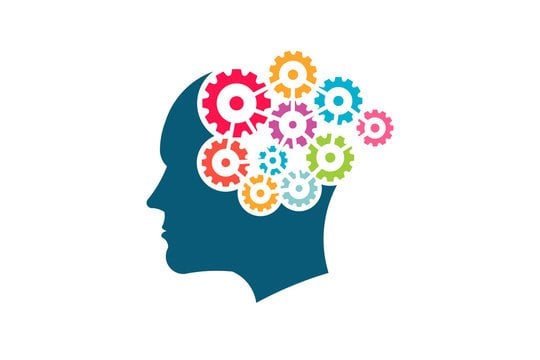
As human beings, we all think, and to think seems so obvious to us as we have thousands of thoughts emerging and subsiding inside our heads. But we are not clear in terms of how we construct our thoughts, how we derive conclusions and assert our claims, what makes us think, and why we ignore thinking on crucial occasions. We also don’t know whether our thinking is reactive or reflective.
Psychologist and economist, Daniel Kahneman has divided all our thinking impulses and patterns into two basic dimensions: system 1 and system 2 thinking, also known as fast and slow thinking. System 1 is related to reactive thinking; in this mode of thinking, we derive quick conclusions and make fast decisions based on intuitions, impulsive opinions, and emotional responses. When we react, we usually think in a way that confirms our biases, prejudices, established opinions, other people's influences, and ignorance. whereas system 2 thinking is a slow, deliberate, and rational decision-making process, where we derive conclusions based on careful analysis and evaluation of available information and alternatives.
Most of the thinking happening in this age of hyper-connectivity is fast rather than slow; we have lost patience for deliberate analysis, evaluations, interpretations, and clear attention to detail. Maybe we don’t want to think, and we have left out patterns of algorithms as outsourcing for our brain mechanisms. Therefore, as we go on scrolling up and down the screen for the sense of delightful disengagement, we comment, share, like, and react, but we don’t think.
More importantly, our educators, religious figures, politicians, social influencers, and universities don’t want us to think; they want us to rather continue with our common sense, confirmation bias, quick judgments, and reactive thinking. Besides, our common sense has become so evident that we have started to confuse it with reality, truth, evidence, or observation.
Our main confusion here is that we put reacting and thinking in the same category. As a result, in the 21st century, where critical thinking is considered one of the key competencies for innovation, creativity, entrepreneurship, business research, social progress, cultural transformation, and problem-solving, developing a critical-thinking mindset and applying critical thinking skills in various domains and dimensions of life remains a challenge.
Thinking Critically: Evaluation of Ideas
Basically, critical thinking is the analysis and evaluation of ideas, and if you are prepared to evaluate assertions, claims, and statements of yourself and others with supporting evidence, examples, data, trends, observations, and other relevant information, then you know how to think critically. This appears straightforward. However, we often confuse the evaluation of ideas with the evaluation of people, and we also accept the assertions and claims of others without evaluating their supporting reasons and evidence.
We know that there are various unsolved socio-economic problems in our country in comparison to any developed country. Here, the application of critical thinking enables us to understand that our social, political, educational, and governance problems are related to and rooted in our history, geography, cultural values, collective traditional mindset, and prevalent social assumptions and that these problems can't be solved without acknowledging contextual realities, localized complexities, and country-specific variables.
As a result, before believing or supporting a particular claim or positive intention of our politicians, we have to evaluate their claims by analyzing social and economic realities, the means and relations of production, resources that are available in Nepal, and their possible policies, actions, decisions, and directions within these constraints. Don't fall for shallow dreams; examine and evaluate the contextual realities of Nepal first.
For the evaluation of any claim, opinion or statement, we need an analysis of different parameters, indicators, reasons, evidence, data, facts, probability, trends, belief systems, expertise, ethical principles, or cultural values that have been provided for supporting a particular claim. On what basis a particular claim has been formulated and sustained? Critical thinking enables us to analyze, examine, and explore the assumptions behind any action, belief, or reaction of any individual, organization or community
Here, let us consider the most cliched claim we hear from our politicians: transforming Nepal into Switzerland, Singapore, or any other utopian dreamland. As a critical thinker, you can evaluate this claim by comparing and contrasting Nepal and Switzerland or Singapore on different parameters such as geography, history, cultural ethos, ethnic landscapes, demographic factors, political orientations, employment opportunities, and on different economic indexes, etc. You can also look at the economic growth of Nepal and predict how many years it will take for the Nepalese economy to progress and even come closer to the Swiss economy. What about Swiss industries, the governance models, the financial sector, and multinational corporations— do we even have a foundation or a base for such a far-fetched dream?
More importantly, it is for us Nepalese as responsible citizens to realize that if you want others to think for you, they will, but they will also evaluate you as a follower who can be easily tricked, manipulated, and fooled. In a democracy without critical thinkers, that is what politicians think of all of us: mindless followers and fools. Here, based on the assumption that Nepalese have a herd mentality, limited attention to detail, and a sheeplike tendency, our politicians don't hesitate to make outrageous claims and sell impossible dreams to their sheeplike voters.
Indeed, in these times of fake news, pseudoscience, post-truths, conspiracy theories, and manipulative marketing tactics, where everyone is entitled to express their outrageous, loud, and bold claims and expressions on different social media platforms, critical thinking has become an essential tool for examining ideas concerning the realities of the world, credibility, and within the framework of evidence, data, reliable information, and analysis. Critical thinking is crucial.

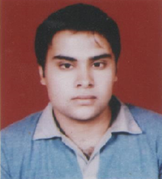

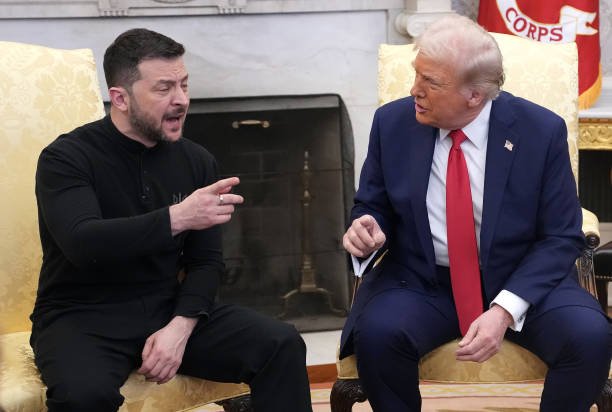
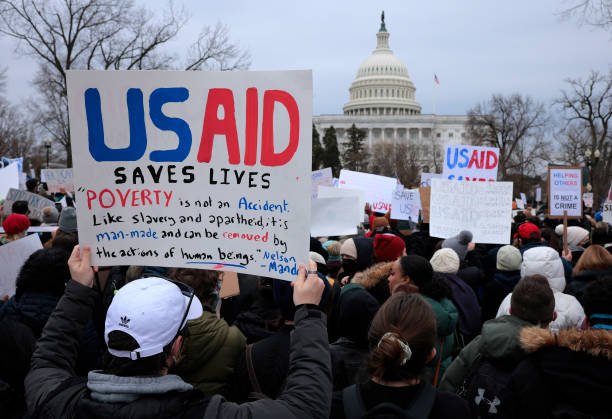
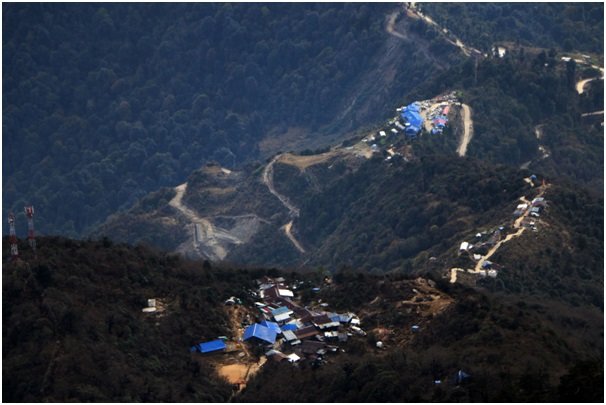
Leave Comment